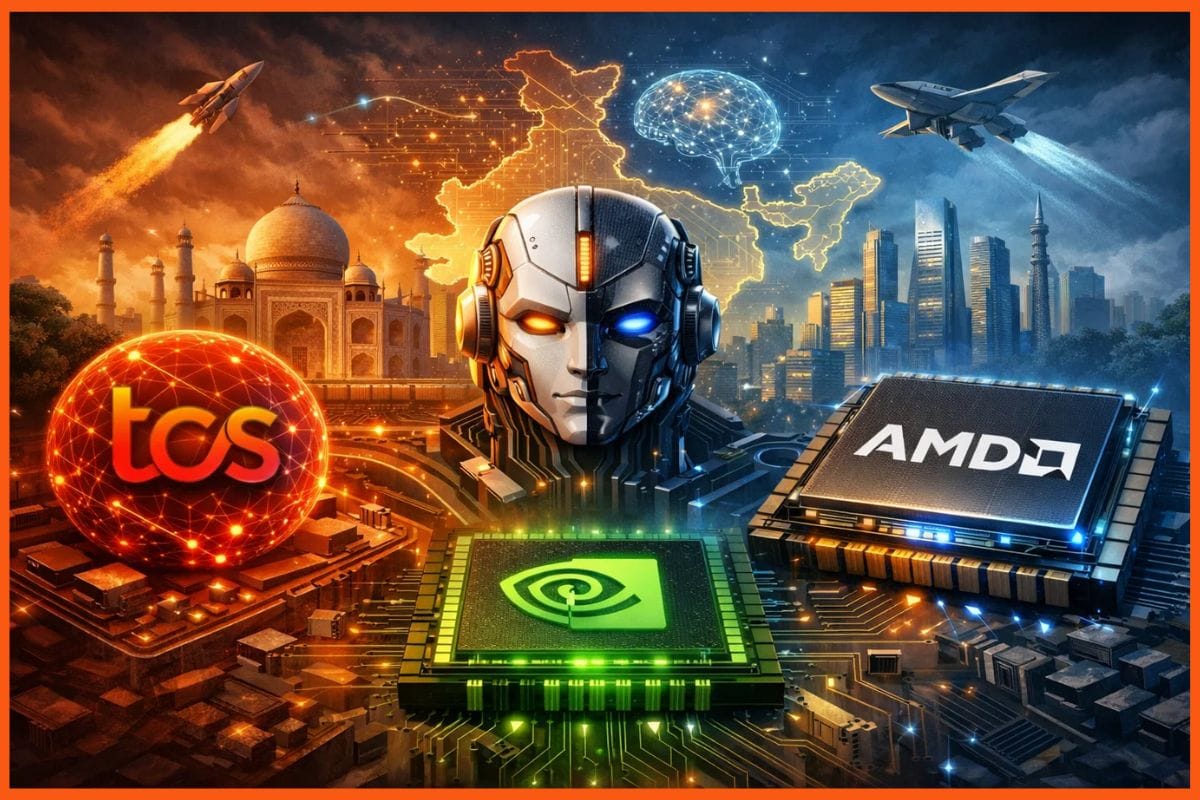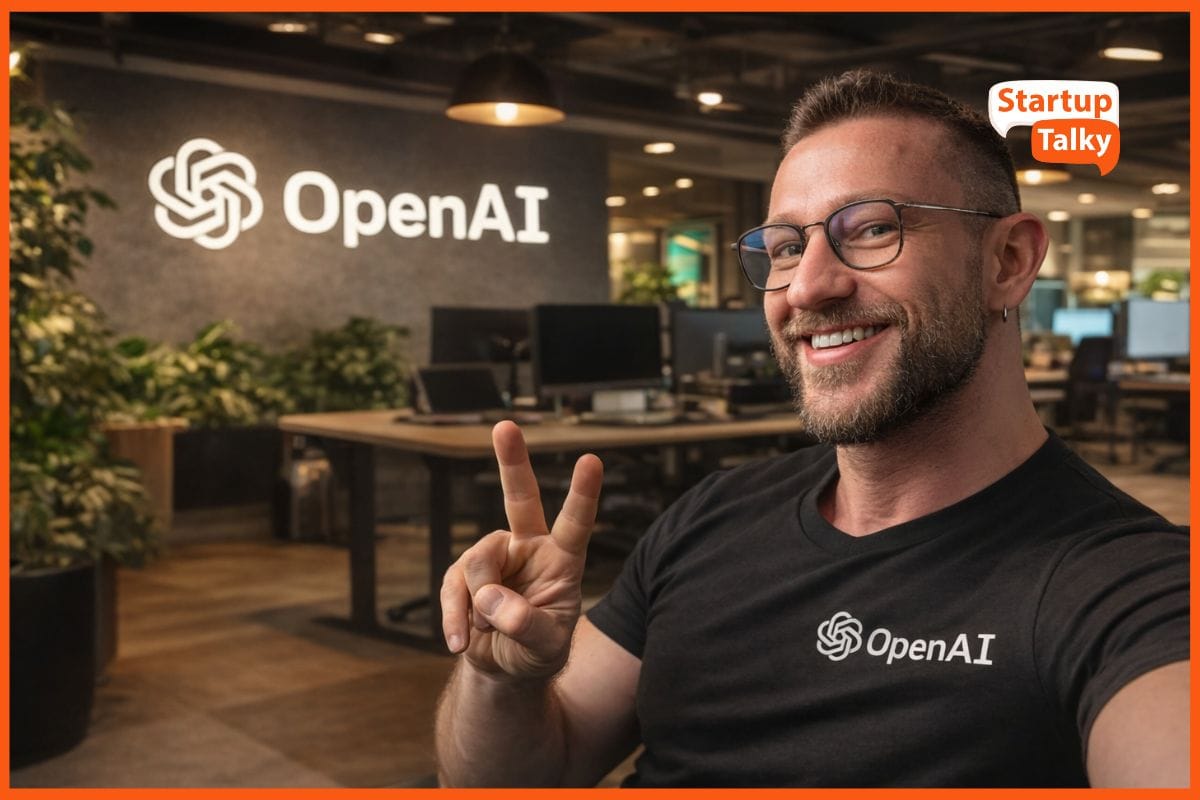Bitcoin Mining: All You Need To Know About How Does Bitcoin Mining Work
📖 Learning
Bitcoin mining means gaining bitcoins by solving cryptographic equations and puzzles through the use of computers. Cryptocurrencies transactions are recorded in blockchains. Bitcoin mining is the key to maintain blockchains. It helps in recording transactions and keeping the bitcoin decentralised. Bitcoin mining is the process to verify transactions and add it to the digital ledger.
What is Bitcoin Mining?
About Bitcoin Miners
How does Bitcoin Mining work?
What do you need to mine Bitcoin?
Why become a Bitcoin Miner?
Is Bitcoin Mining Legal?
Are there risks in Bitcoin Mining?
FAQs
What is Bitcoin Mining?

Bitcoin mining is the cycle by which new bitcoins are created, yet it is significant for the upkeep and improvement of the blockchain record. It is performed utilizing exceptionally modern PCs that take care of amazingly complex computational numerical questions. Bitcoin mining is an interaction of making another coin that uses algorithms to solves complex numerical calculations or problems.

About Bitcoin Miners
Bitcoin is a decentralized cryptocurrency that doesn't have a global server or a head bank or the government to supervise its management. The process of mining is solely handled by bitcoin miners.
Miners keep the blockchain reliable, complete, and firm by over and again gathering recent exchanges into a block, which is then transmitted to the organization and checked by beneficiary nodes.
Each block contains an SHA-256 cryptographic hash of the past block, hence connecting it to the prior block and giving the blockchain its name. However, in the case of Cryptocurrency exchange, there is always the danger that a holder could make a duplicate of the advanced token and send it to a shipper or another merchant while retaining the initial.
The job of the miner is to check transactions to ensure that clients have not misguidedly attempted to spend the equivalent bitcoin twice. Verifying each 1MB worth of transactions makes a miner qualified to earn bitcoin. The first miner to solve the complex puzzle earns bitcoin. This is also known as "proof of work".
How does Bitcoin Mining work?

The number above is called a hexadecimal hash. Millions of miners work on guessing a target hash. Although when you are mining bitcoin, you don't have to ascertain the complete and exact worth of a hash. A nonce is an arbitrary number that can be used just once in cryptocurrency. The nonce is the way to creating these 64-digit hexadecimal numbers.
Miners make speculations by arbitrarily producing as many "nonces" as could be expected, as quickly as possible. In Bitcoin mining, a nonce is 32 pieces in size—a lot more modest than the hash, which is 256 pieces. The primary miner whose nonce produces a hash that is not exactly or equivalent to the objective hash is granted credit for finishing that block and is granted the crown jewels of 6.25 BTC.
So then how to guess the exact target hash?
All targets start with 0s and can have any number of 0s between 8 and 63.
Your best shot at correctly guessing the target hash is by joining a mining pool.
This gathering of coin diggers solidifies their figuring force and split the mined bitcoin.
The complex level of the latest block is about 17.59 trillion, implying that the possibility of some random nonce creating a hash underneath the objective is 1/17.95 million. Not incredible chances in case you're chipping away at your own, even with an enormously amazing mining rig.

What do you need to mine Bitcoin?
Consequently, Bitcoin is intended to assess and change the trouble of mining every 2,016 blocks, or generally at regular intervals. When there is registering power all in all attempting to dig for Bitcoin, the trouble level of mining expansions to keep block creation at a steady rate.
Less processing power implies trouble level reductions. To get a feeling of exactly how much figuring power is included, when Bitcoin dispatched in 2009 the underlying trouble level was one. As of Nov. 2019, it is over 13 trillion.
The entirety of this is to say that, to mine seriously, diggers should now put resources into incredible PC hardware like a GPU (designs handling unit).
These can run from $500 to the many thousands. A few miners—especially Ethereum diggers—purchase singular illustration cards (GPUs) as a minimal expense approach to cobble together mining tasks.
Why become a Bitcoin Miner?

A bitcoin miner earns cryptocurrency without spending any money!
Bitcoin miners receive Bitcoin as an award every time a transaction is verified.
In fact, as of 2021, Bitcoin mining is very profitable for people who have a knack for cryptocurrency.
Miners receive around 6.25 bitcoins per transaction although this number may be halved in 2024 to 3.125 bitcoins since the awards for bitcoin mining are decreased considerably after 4 years. In 2020, the cost of Bitcoin was about $17,900 per Bitcoin, which means you'd procure $111,875 (6.25 x 17,900) for finishing a block.
Is Bitcoin Mining Legal?
Bitcoin is fairly legal in most places across the globe although it does have its share of countries where it is illegal. The idea of Bitcoin can undermine the predominance of fiat financial standards and government command over the economic business sectors hence it is illegal in some places. Some countries like Egypt, Morocco, Nepal, Algeria, Bolivia are some places where Bitcoin is illegal.
Risks in Bitcoin Mining
Bitcoin mining is general is a financial risk. One could go through all the hard work of buying hundreds or thousands of dollars worth of mining gear just to have no profit from their investment. All things considered, this danger can be relieved by joining mining pools.
If you are thinking about mining and live in a space that is banned from it you ought to rethink. It might likewise be a smart thought to explore your nation's guidelines and generally speaking conclusion towards cryptographic money before putting resources into mining gear.
One extra possible danger from the development of bitcoin mining (and other verification of-work frameworks also) is the expanding energy use needed by the PC frameworks running the mining calculations. While CPU proficiency has expanded drastically for ASIC chips, the development of the actual organization is dominating mechanical advancement.
Thus, there are worries about the natural effect and carbon impression of Bitcoin mining. There are, nonetheless, endeavors to alleviate this negative externality by looking for cleaner and efficient power fuel hotspots for mining tasks, (for example, geo-warm or sunlight-based), just as using carbon counterbalance credits.
Changing to less energy-escalated agreement systems like confirmation of-stake (PoS), which Ethereum is intending to do, is another methodology; in any case, PoS accompanies its arrangement of disadvantages and failures.
FAQs
Is bitcoin mining legal?
Bitcoin mining is legal in many countries but illegal in some countries.
Which are the countries where Bitcoin mining is illegal?
Countries where Bitcoin mining is illegal are:
- Algeria
- Egypt
- Morocco
- Bolivia
- Ecuador
- Nepal
- Pakistan
Is Bitcoin mining profitable 2021?
Bitcoin miners can expect to generate around 226% profit in a day. So, It seems to be quite profitable.
How long does it take to mine 1 Bitcoin?
There is currently no way to mine just one bitcoin. Instead, crypto miners will mine one block. It takes 10 minutes to mine one block.
Must have tools for startups - Recommended by StartupTalky
- Convert Visitors into Leads- SeizeLead
- Website Builder SquareSpace
- Run your business Smoothly Systeme.io
- Stock Images Shutterstock






